
-

-

-

-
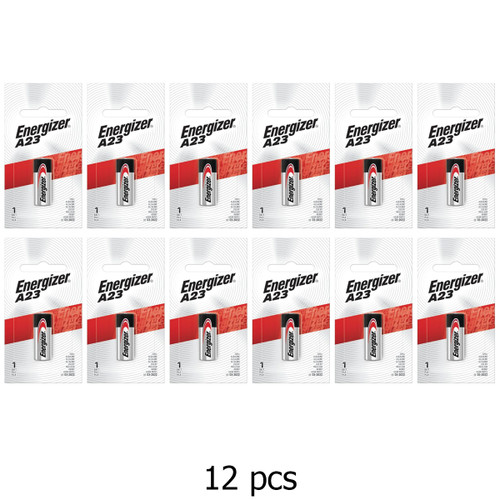
-
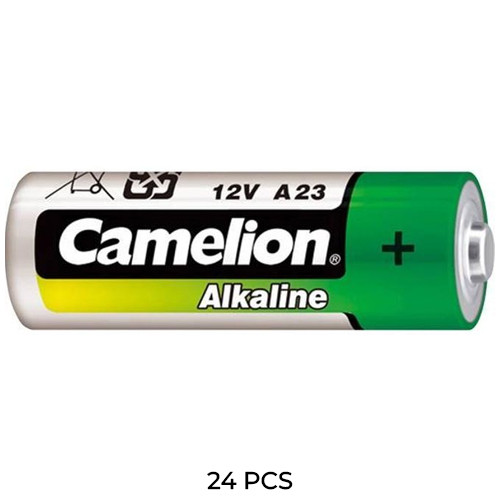
-

-

12 Volt NiMH Battery Pack (2200 mAh) with Leads
$64.39As low as:- Buy in bulk and save
Bulk discount rates
Below are the available bulk discount rates for each individual item when you purchase a certain amount
- Buy 2 - 3 and pay only $64.39 each
- Buy 4 - 5 and pay only $59.99 each
- Buy 6 - 10 and pay only $56.69 each
- Buy 11 - 21 and pay only $54.79 each
- Buy 22 or above and pay only $54.79 each
-
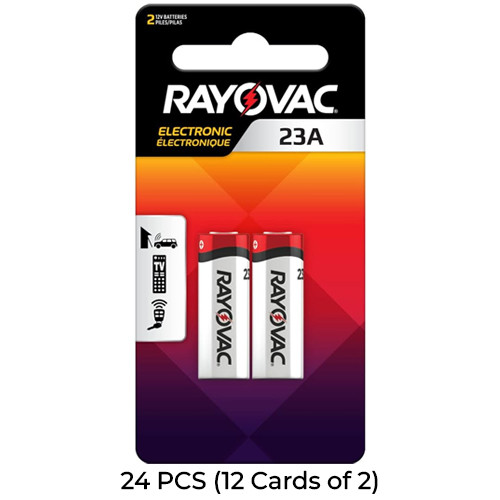
-

-

-

-
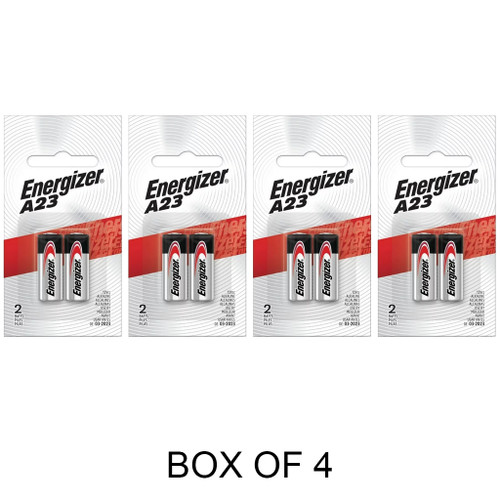
-

-

-

-
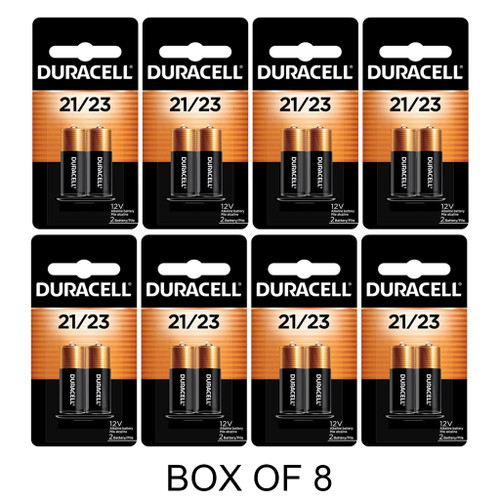
-

12 Volt NiMH Battery Pack (4200 mAh) with Tamiya Connector
$97.09As low as:- Buy in bulk and save
Bulk discount rates
Below are the available bulk discount rates for each individual item when you purchase a certain amount
- Buy 2 - 3 and pay only $97.09 each
- Buy 4 - 5 and pay only $90.19 each
- Buy 6 - 7 and pay only $85.39 each
- Buy 8 - 14 and pay only $82.49 each
- Buy 15 or above and pay only $82.49 each
-

12 Volt NiMH Battery Pack (4500 mAh)
$113.29As low as:- Buy in bulk and save
Bulk discount rates
Below are the available bulk discount rates for each individual item when you purchase a certain amount
- Buy 2 - 3 and pay only $113.29 each
- Buy 4 - 5 and pay only $105.29 each
- Buy 6 - 7 and pay only $99.69 each
- Buy 8 - 12 and pay only $96.19 each
- Buy 13 or above and pay only $96.19 each
-

-
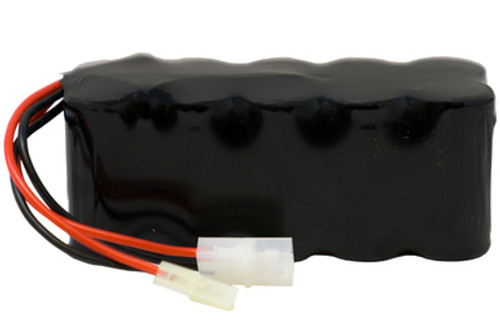
12 Volt NiMH Battery Pack (5000 mAh)
$145.59As low as:- Buy in bulk and save
Bulk discount rates
Below are the available bulk discount rates for each individual item when you purchase a certain amount
- Buy 2 - 3 and pay only $145.59 each
- Buy 4 - 5 and pay only $135.39 each
- Buy 6 - 7 and pay only $128.09 each
- Buy 8 - 9 and pay only $123.79 each
- Buy 10 or above and pay only $123.79 each
12 Volt Batteries: Versatile Power for Everyday Applications
12 Volt batteries and 12 Volt battery packs are among the most widely used power sources, providing energy for a variety of devices, from cars and boats to portable electronics and solar power systems. Their versatility, range of chemistries, and availability in different sizes and capacities make them indispensable for numerous applications.
What Are 12 Volt Batteries?
A 12 Volt battery is a power source capable of delivering a nominal voltage of 12 volts. These batteries are commonly composed of multiple cells connected in series to achieve the desired voltage. Depending on the chemistry and design, 12 Volt batteries can be:
Rechargeable: Designed for repeated use with the ability to recharge hundreds or even thousands of times.
Disposable: Single-use batteries ideal for specific applications where recharging isn’t practical.
12 Volt batteries come in various chemistries, each tailored to specific needs. The most common types are lead-acid and Lithium-Ion, each with unique advantages and limitations.
Types of 12 Volt Batteries
1. Lead-Acid Batteries
Overview
Lead-acid batteries are one of the oldest and most commonly used rechargeable battery types. Known for their reliability and ability to deliver high cranking power, they are ideal for applications that require a quick burst of energy, such as starting engines.
Key Features
High Power Output: Capable of delivering the necessary energy to start vehicles and operate heavy machinery.
Durability: Robust design that withstands various environmental conditions.
Affordable: A cost-effective solution for large-scale and industrial applications.
Limitations
Weight: Lead-acid batteries are heavy, making them less suitable for portable applications.
Limited Deep Cycle Capability: Not ideal for repeated deep discharges, which can shorten their lifespan.
Common Applications
Automobiles: Used as starter batteries in cars, trucks, and motorcycles.
Marine Applications: Powers boats, yachts, and other watercraft.
RVs: Supplies energy for recreational vehicles, supporting lighting, appliances, and more.
2. Lithium-Ion Batteries
Overview
Lithium-Ion (Li-Ion) batteries are lightweight, compact, and capable of delivering consistent power with a long cycle life. They are increasingly popular in portable and high-performance applications due to their energy density and versatility.
Key Features
Lightweight and Compact: Ideal for devices where portability is critical.
Long Cycle Life: Can be charged and discharged many times without significant capacity loss.
Efficient Energy Storage: High energy density enables extended runtimes in smaller packages.
Limitations
Cost: Typically more expensive upfront compared to lead-acid batteries.
Temperature Sensitivity: Can degrade when exposed to extreme temperatures, requiring careful handling.
Common Applications
Portable Power Banks: Powers devices like smartphones, laptops, and tablets.
Solar Power Systems: Stores energy for off-grid and backup power solutions.
Electric Vehicles and Tools: Used in modern EVs and cordless tools for their lightweight and efficient energy delivery.
3. Other Types of 12 Volt Batteries
Nickel-Metal Hydride (NiMH)
Rechargeable and environmentally friendly.
Offers moderate energy density, suitable for household and portable devices.
Zinc-Carbon or Alkaline Batteries
Disposable options for low-power applications.
Commonly used in flashlights, toys, and small electronics.
12 Volt Battery Packs
In addition to individual batteries, 12 Volt battery packs are widely used for applications requiring custom configurations of voltage and capacity. These packs are made by connecting multiple cells in series or parallel to meet specific power requirements.
Key Advantages
Customizable: Can be tailored to specific device needs by adjusting cell quantity and configuration.
Rechargeable or Disposable: Available in both types, depending on the application.
Portable Power: Common in devices requiring mobility, such as drones and RC vehicles.
Applications
Solar Power Systems: Used to store energy generated by solar panels for use during cloudy periods or at night.
Drones and RC Vehicles: Provides the high energy density needed for long runtimes and powerful performance.
Medical Equipment: Powers portable diagnostic tools and life-saving devices.
How to Choose the Right 12 Volt Battery
Selecting the right 12 Volt battery depends on several factors:
1. Application Type
For high cranking power: Choose a lead-acid battery, as it delivers the necessary burst of energy for starting engines.
For portability and long runtimes: Opt for a Lithium-Ion battery to balance weight, size, and performance.
2. Capacity (Ah)
The amp-hour (Ah) rating indicates how much energy the battery can store. Higher Ah ratings mean longer runtimes:
Low-capacity batteries are suitable for small electronics.
High-capacity batteries are ideal for vehicles, solar systems, and tools.
3. Rechargeability
If the device will be used frequently, invest in a rechargeable battery to save costs and reduce waste.
For infrequent or emergency-only use, consider disposable batteries.
4. Weight and Portability
For fixed installations like solar systems or vehicles, weight may not be a concern, making lead-acid batteries a good option.
For portable devices, prioritize lightweight Lithium-Ion batteries.
Caring for 12 Volt Batteries
Proper care is essential to extend the lifespan and performance of your 12 Volt battery:
1. Regular Charging
Avoid overcharging or deep discharging to prevent damage and maintain capacity.
Use chargers specifically designed for your battery type.
2. Store in Optimal Conditions
Store batteries in a cool, dry place, away from extreme heat or cold.
Recharge batteries before long-term storage to avoid deep discharge.
3. Inspect for Damage
Check for signs of wear, such as leaks or swelling, and replace the battery if necessary.
4. Recycle Responsibly
Dispose of batteries at designated recycling centers to minimize environmental harm.
Popular Brands
Several trusted brands offer high-quality 12 Volt batteries and battery packs, including:
Duracell: Known for reliable and long-lasting performance.
Energizer: Offers a variety of rechargeable and disposable options.
Rayovac: Provides affordable solutions for various applications.
12 Volt batteries are a vital power source across a diverse range of applications, from automotive needs and marine vessels to portable electronics and solar systems. By understanding the differences between lead-acid and Lithium-Ion options, as well as their respective benefits and limitations, you can select the ideal battery for your device.





